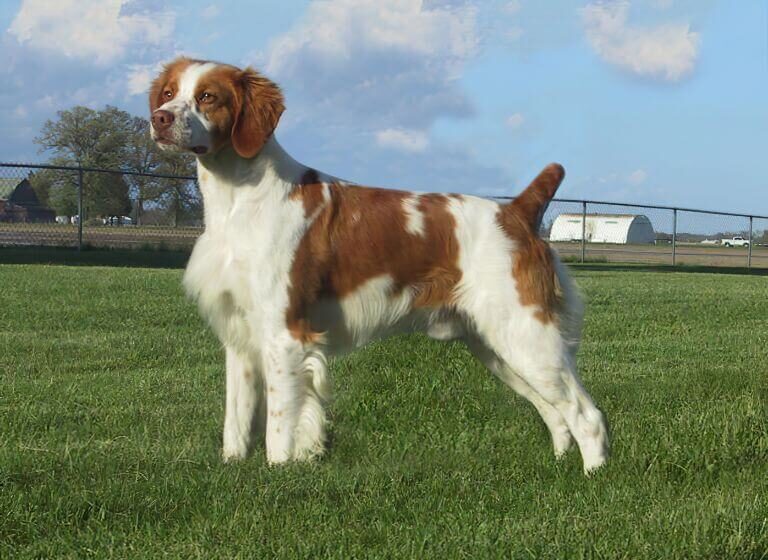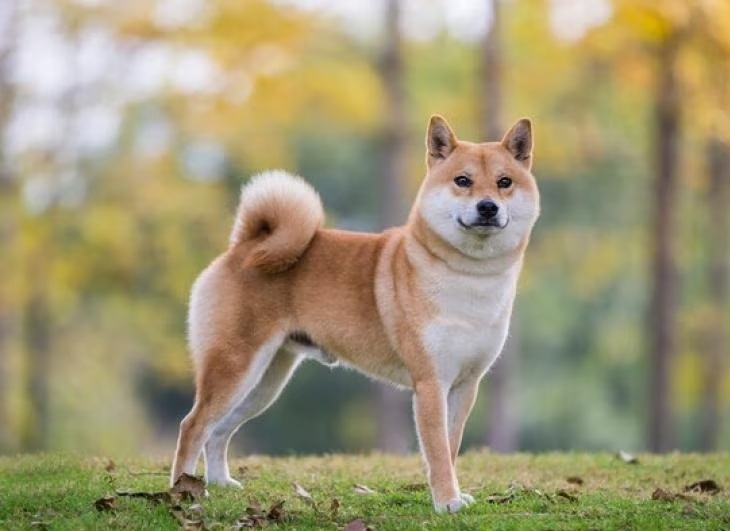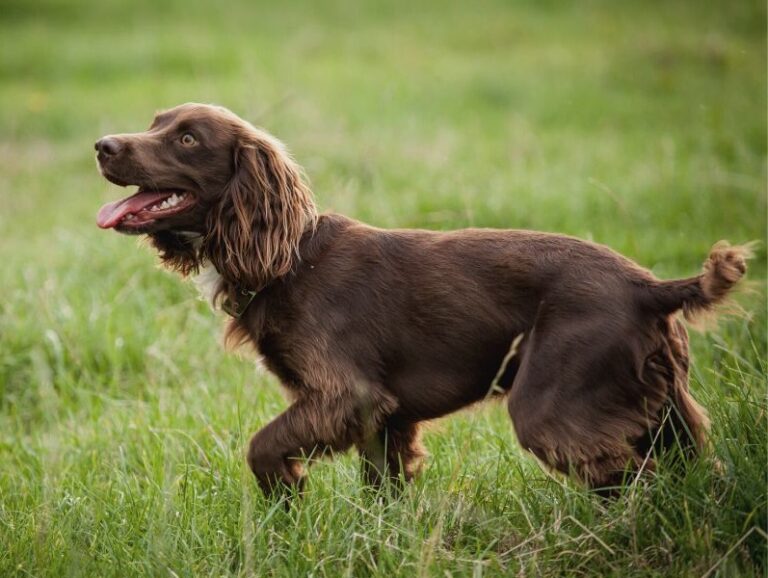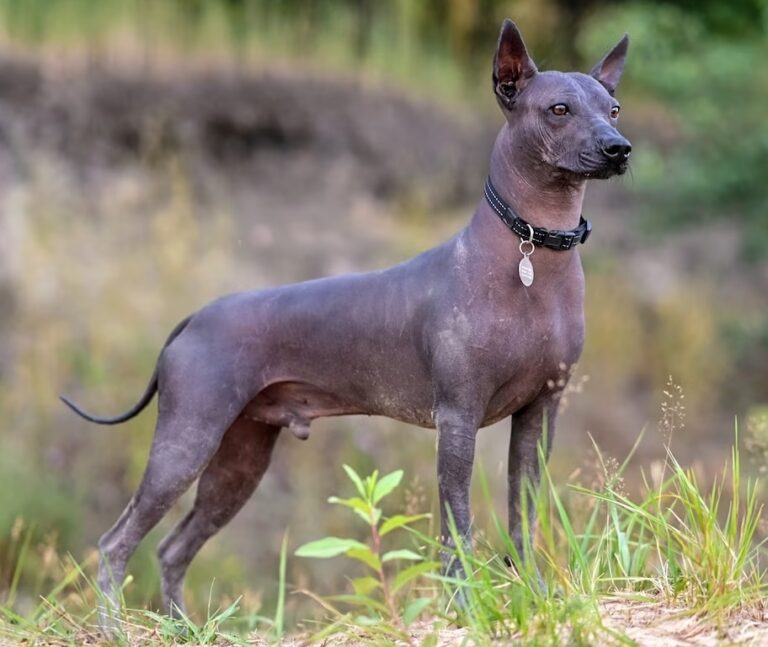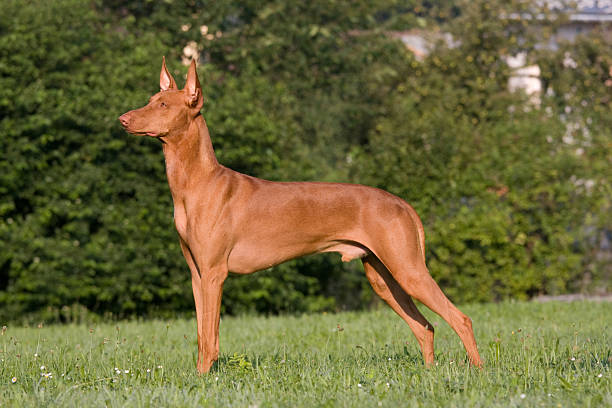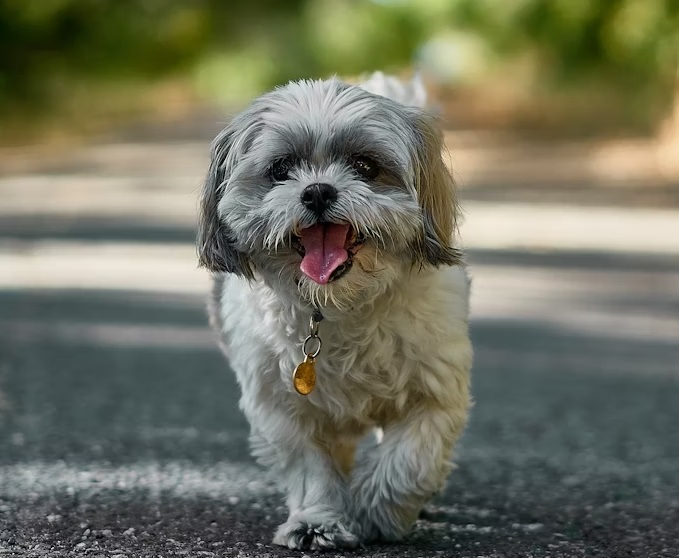Brittanys are known as Brittany Spaniels, are a remarkable breed of hunting dogs that excel in various hunting activities. With their exceptional versatility and natural instincts, these dogs have become a popular choice among hunters and outdoor enthusiasts. Whether it’s flushing out game birds or tracking small game, Brittanys are known for their keen sense of smell, agility, and endurance. In this article, we will explore the characteristics, history, and training tips for Brittanys, shedding light on why they are considered one of the most versatile hunting dogs.
History of the Brittany
Origins of the Brittany
The Brittany, also known as the Brittany Spaniel, is a versatile hunting dog that originated in the Brittany region of France. The exact origins of the breed are somewhat unclear, but it is believed to have descended from a mix of French and English hunting dogs.
One theory suggests that the breed was developed by crossing local French spaniels with English Setters, resulting in a dog with exceptional hunting skills and a keen sense of smell. This crossbreeding is said to have occurred in the 17th century, when English hunters started visiting the Brittany region and introduced their dogs to the local spaniels.
Development of the Breed
Over time, the Brittany breed was further refined and developed to enhance its hunting abilities. Breeders focused on producing a dog that was not only an excellent hunting companion but also had a versatile skill set to adapt to various terrains and game types.
In the 19th century, additional breeds such as the Welsh Springer Spaniel and the English Pointer were likely introduced into the breeding program to improve specific traits. These additions contributed to the Brittany’s unique combination of pointing and retrieving skills, making it an exceptional hunting dog.
The breed’s popularity grew steadily, and by the early 20th century, the Brittany had gained recognition as a distinct breed. In 1907, the breed standard was established, solidifying its unique characteristics and confirming its status as a versatile hunting dog.
Today, the Brittany is highly regarded for its intelligence, agility, and unwavering dedication to its hunting duties. Its exceptional sense of smell, coupled with its ability to point and retrieve game, has made it a favorite among hunters worldwide. The Brittany’s rich history and development have shaped it into the remarkable hunting companion it is known as today.
Physical Characteristics
Size and Build
Brittanys are medium-sized hunting dogs with a well-balanced build. They have a sturdy bone structure and a compact body, giving them the agility and endurance required for long hours of hunting in various terrains.
These dogs typically stand between 17.5 to 20.5 inches (44 to 52 cm) at the shoulder and weigh around 30 to 40 pounds (14 to 18 kg). Their size allows them to navigate through dense vegetation and cover ground quickly, making them excellent hunters.
Coat and Colors
The Brittany’s coat is dense, flat, and of medium length, providing insulation and protection during outdoor activities. Their coat is easy to maintain, requiring regular brushing to keep it clean and free from tangles.
Brittanys come in a variety of color patterns. The most common color combination is orange and white, but they can also be found in liver and white, black and white, or tri-color patterns. This diversity in coat colors adds to the breed’s charm and appeal.
Distinctive Features
One of the most distinctive features of Brittanys is their expressive and intelligent eyes. Their almond-shaped, medium-sized eyes are usually amber or hazel in color, giving them a keen and alert expression.
Another notable feature of Brittanys is their high-set, medium-length tail. When the dogs are excited or in action, their tails are often held horizontally or slightly above the back, adding to their overall appearance of enthusiasm and energy.
Overall, Brittanys possess a combination of physical traits that make them exceptional hunting dogs. From their well-proportioned build to their versatile coat colors and distinctive features, they embody the characteristics necessary for a successful hunting companion.
Temperament and Behavior
Brittanys are known for their friendly and outgoing temperament. They have a natural desire to please their owners, making them great companions both in the field and at home. These dogs are highly affectionate and love to be part of the family, often forming strong bonds with their owners.
Despite their hunting instincts, Brittanys are generally gentle and patient, especially with children. They have a kind and tolerant nature, making them a suitable choice for families with kids. However, it is important to note that early socialization and training are crucial to ensure they grow up to be well-behaved and polite dogs.
Intelligence and Trainability
One of the notable qualities of Brittanys is their intelligence. They are quick learners and have a natural ability to understand and follow commands. This makes them highly trainable dogs, suitable for various activities such as hunting, agility, obedience, and even therapy work.
Due to their eagerness to please, Brittanys respond well to positive reinforcement training methods. They thrive when given mental stimulation and enjoy tasks that challenge their intellect. Engaging their minds through interactive games, puzzle toys, and training sessions not only helps them learn new skills but also keeps them mentally sharp and content.
Energetic and Active Nature
Brittanys are renowned for their high energy levels and active nature. Bred as hunting dogs, they have a natural instinct to be on the move and are always up for an adventure. Daily exercise is a must to keep them physically and mentally satisfied.
These dogs excel in activities that allow them to burn off their energy, such as long walks, jogging, hiking, and playing fetch. Engaging in regular exercise not only keeps them fit but also helps prevent boredom and destructive behaviors that may arise from pent-up energy.
Socialization and Compatibility
Brittanys are generally sociable dogs that get along well with people and other animals when properly socialized from an early age. They have a friendly and amiable disposition, which makes them good candidates for households with multiple pets.
Early socialization is crucial to ensure Brittanys develop proper manners and are comfortable in various social situations. Exposing them to different environments, people, and animals helps prevent shyness or aggression issues in adulthood. With the right introduction and training, Brittanys can easily adapt to new environments and be well-behaved members of the community.
Hunting Skills and Versatility
Natural Hunting Abilities
Brittanys are known for their exceptional natural hunting abilities. With a strong instinct and keen sense of smell, they excel in locating and flushing out game. Their natural pointing ability makes them excellent bird dogs, as they can freeze in a position to indicate the presence of game. This innate talent allows them to work effectively in the field and makes them a valuable asset for hunters.
Adaptability to Different Terrains
One of the remarkable traits of Brittanys is their adaptability to different terrains. Whether it’s dense forests, open fields, marshlands, or rugged mountainous regions, these versatile hunting dogs can navigate through various landscapes with ease. Their agility and stamina enable them to cover vast areas while maintaining their focus on the task at hand. This adaptability ensures that Brittanys can be utilized in a wide range of hunting scenarios, making them a reliable choice for hunters in diverse environments.
Versatility in Hunting
Brittanys are highly versatile hunting dogs, capable of performing a variety of tasks during a hunt. Apart from their remarkable pointing skills, they are also skilled retrievers. After locating and flushing out game, they can retrieve the downed birds or small game with precision. This versatility makes Brittanys well-suited for different types of hunting, including upland bird hunting, waterfowl hunting, and even tracking wounded game. Their ability to adapt their hunting style to the specific requirements of the hunt makes them a valuable companion for hunters pursuing different game species.
In conclusion, Brittanys are undoubtedly versatile hunting dogs. Their natural hunting abilities, adaptability to different terrains, and versatility in hunting tasks make them highly sought after by hunters. Whether it’s their impeccable pointing skills, their ability to navigate various landscapes, or their versatility in different hunting scenarios, Brittanys prove to be exceptional hunting companions.
Training and Exercise
Training Requirements
Brittany hunting dog requires patience, consistency, and positive reinforcement. These intelligent dogs are eager to please, making them highly trainable. However, it is important to start their training early on to establish good habits and behaviors.
One key aspect of training a Brittany is socialization. Exposing them to various people, animals, and environments from a young age will help them become well-rounded and confident. This breed thrives on human companionship and may develop separation anxiety if not properly socialized.
Brittanys are known for their strong hunting instincts, so it is crucial to channel their energy and focus into appropriate activities. Training them to obey basic commands such as sit, stay, and come is essential for their safety and the success of their hunting endeavors. Positive reinforcement techniques such as treats, praise, and playtime are highly effective in motivating and rewarding these eager learners.
Consistency is key when it comes to training a Brittany. Setting a routine and sticking to it will help them understand expectations and reduce any confusion. They respond best to firm but gentle guidance, and harsh training methods should be avoided as they can damage their sensitive nature.
Exercise Needs
Brittanys are a high-energy breed and require regular exercise to keep them physically and mentally stimulated. They excel in activities that involve running, jumping, and retrieving. A sedentary lifestyle can lead to behavioral issues and even health problems in this energetic breed.
Daily exercise is a must for a Brittany. Engaging them in activities such as long walks, jogs, or hikes will help burn off their excess energy. These dogs also enjoy playing fetch or participating in agility training, which challenges their intelligence and athleticism.
Since Brittanys are natural hunters, providing them with opportunities for scent work or retrieving games can be highly beneficial. This not only caters to their instinctual needs but also strengthens the bond between the dog and their owner.
It is important to note that mental stimulation is just as crucial as physical exercise for a Brittany. Puzzle toys, interactive games, and obedience training sessions can help keep their active minds engaged and prevent boredom-induced destructive behaviors.
In conclusion, training and exercise are vital aspects of caring for a Brittany hunting dog. With proper training requirements and regular exercise, these versatile dogs will thrive and become the ideal companion for any hunting enthusiast.
Health and Care
Common Health Issues
Brittanys are generally healthy dogs, but like any breed, they can be prone to certain health issues. It is important for Brittany owners to be aware of these conditions and take necessary steps to prevent or manage them. Some common health issues that Brittanys may experience include:
- Hip Dysplasia: This is a genetic condition where the hip joint does not develop properly, leading to arthritis and mobility issues. Regular exercise, maintaining a healthy weight, and providing joint supplements can help prevent or manage this condition.
- Epilepsy: Brittanys may be prone to seizures due to epilepsy. If your dog experiences seizures, it is important to consult with a veterinarian to determine the best treatment options and ensure your dog’s safety.
- Hypothyroidism: This condition occurs when the thyroid gland does not produce enough hormones, leading to weight gain, lethargy, and skin issues. Regular blood tests and medication can help manage hypothyroidism in Brittanys.
- Allergies: Brittanys can be prone to allergies, which can manifest as skin irritations, itching, and ear infections. Identifying and avoiding potential allergens, such as certain foods or environmental triggers, can help manage allergies in your Brittany.
Grooming Needs
Brittanys have a low-maintenance coat that is relatively easy to groom. However, regular grooming is still necessary to keep their coat healthy and free from mats. Here are some grooming tips for Brittanys:
- Brushing: Brush your Brittany’s coat at least once a week to remove loose hair and prevent tangles. Use a slicker brush or a grooming mitt to effectively remove any debris or dead hair from their coat.
- Bathing: Brittanys do not require frequent bathing unless they get particularly dirty. Use a gentle dog shampoo and thoroughly rinse to avoid any residue that may irritate their skin.
- Nail Trimming: Regularly trim your Brittany’s nails to prevent them from becoming too long and causing discomfort. If you are unsure how to do this properly, consult a professional groomer or veterinarian.
- Ear Cleaning: Brittanys are prone to ear infections, so it is important to regularly clean their ears. Use a dog-specific ear cleaner and gently wipe the inner ear with a cotton ball or a soft cloth.
Nutrition and Feeding
Proper nutrition is crucial for the overall health and well-being of your Brittany. Here are some guidelines for feeding your Brittany:
- High-Quality Dog Food: Choose a high-quality dog food that is specifically formulated for active breeds. Look for a balanced diet that includes a good balance of protein, healthy fats, and carbohydrates.
- Portion Control: Follow the recommended feeding guidelines provided by the dog food manufacturer. Adjust the portion size based on your Brittany’s age, weight, activity level, and overall health.
- Avoid Overfeeding: Brittanys have a tendency to gain weight if overfed, which can lead to various health issues. Avoid free-feeding and stick to regular meal times to prevent excessive weight gain.
- Hydration: Always provide fresh and clean water for your Brittany. Make sure they have access to water throughout the day, especially during and after exercise.
Remember to consult with your veterinarian for specific dietary recommendations and to address any concerns or questions regarding your Brittany’s health and nutritional needs.
The Brittany is truly a remarkable hunting dog, known for its versatility and intelligence in the field. It possesses a strong instinct for hunting and can excel in various types of game, from upland birds to waterfowl. With its agile and athletic build, coupled with a keen sense of smell, the Brittany is a force to be reckoned with in the hunting world. Not only does it excel in hunting, but it also makes for a loyal and affectionate companion. Whether you are an experienced hunter or a novice, the Brittany is a breed that will not disappoint. So, if you are looking for a hunting dog that can adapt to any situation and bring unmatched enthusiasm to the field, the Brittany is the perfect choice.

